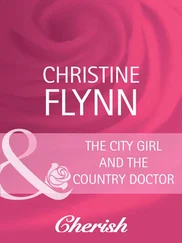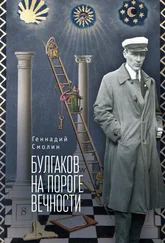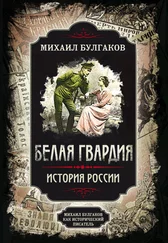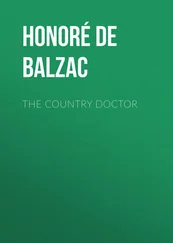A COUNTRY DOCTOR’S NOTEBOOK

MIKHAIL BULGAKOV(1891–1940) was born in Kiev, one of seven children born to a university lecturer and a teacher. Although he showed an early interest in theater and literature, he went on to study medicine at Kiev University, and in the early part of the First World War served as a doctor on the front lines. Twice wounded, he left the service and after recovering—and getting over his subsequent morphine addiction—was appointed provincial physician to Smolensk province in 1916. He detailed this experience in A Country Doctor’s Notebook , but the book went unpublished until years after his death. During the Russian Civil War he served briefly as a physician for the Ukrainian People’s Army, while most of his family emigrated to France and Germany. Bulgakov, however, was refused permission to leave. In 1919 he left medicine to write full-time, settling in Moscow and publishing works such as Heart of a Dog (1925) and The White Guard (1926). Though his work was often censored, Stalin showed his personal favor by protecting him from imprisonment and found work for him at Moscow’s Art Theater. During much of the 1930s Bulgakov worked there as a stage director, while laboring at home on his masterpiece, The Master and Margarita . He finished the book in 1939 but died of a kidney disorder the following year, leaving The Master and Margarita unpublished until twenty-six years after his death.
MICHAEL GLENNY(1927–1990) was one of the world’s leading translators of Russian literature, and famous for bringing dissident writers to the fore, including Aleksandr Solzhenitsyn and Georgi Vladimov. He was the first person to translate Mikhail Bulgakov into English, and his translations remain the definitive editions.

INTRODUCTION
BY MICHAEL GLENNY
There have been several doctor-writers, Russian and English, in recent times—Chekhov, Somerset Maugham and A. J. Cronin are perhaps three of the best known—and with this collection of stories Mikhail Bulgakov is revealed as another writer who gained his earliest and perhaps his deepest insights into human nature through the practice of medicine.
Born in 1891, Mikhail Bulgakov was the eldest of the six children of a professor at Kiev Theological Academy. He studied at Kiev University and qualified in medicine in 1916. After eighteen strenuous months in general practice (the subject-matter of most of this book) he decided to specialise, and set up in Kiev as a venereologist. Another eighteen months or so later, the upheavals of the Civil War caused Bulgakov to move to the Caucasus, where he resolved to give up medicine in favour of writing. One of his brothers, Nikolai Bulgakov, was also a doctor, but whereas Mikhail practised only for a few years, stayed in Russia and died there, Nikolai emigrated to France after the revolution and made a distinguished career in Paris as a cardiologist.
By 1916, despite heavy losses from two years of fighting, the Russian army was only capable of absorbing a marginal increase in manpower. This factor, together with the strain placed on civilian medical resources by mobilisation, meant that Bulgakov and many of his fellow graduates of that year were not conscripted as army doctors. Without doing the normal hospital internship on qualifying, they were instead drafted to local government clinics and country hospitals all over Russia. It is perhaps not generally realised that pre-revolutionary Russia possessed a very creditable rural medical service, financed and managed by the provincial government authorities or Zemstvos . These were elective bodies, of which the nearest British equivalents are perhaps the County Councils, and they were responsible for such matters as education, roads and public health.
Since there were too few incentives or facilities for general practitioners to function outside the larger towns, the medical care of the peasantry in the outlying countryside was chiefly undertaken by the Zemstvo , through a network of polyclinics or small one-doctor hospitals of about forty beds. The standard of this service varied from province to province according to the relative wealth, zeal and efficiency of the different Zemstvos . Bulgakov served his medical apprenticeship near the village of Nikolskoye in the province or guberniya of Smolensk, one of the northwestern regions of European Russia, and to judge by his description of the facilities and equipment available to him, the medical services of this Zemstvo were among the best.
Even so, it is very clear from these stories that as a means of initiation into medicine, Bulgakov’s assignment to this remote country practice was much like learning to swim by being thrown into the deep end of the pool. Nowadays it can only be in some of the remoter parts of the ‘third world’ that totally inexperienced young doctors find themselves ‘thirty-two miles from the nearest electric light’, entirely cut off from the outside world for long spells, or obliged to keep a pack of wolves at bay with a pistol while driving back from a night call. Perhaps most demoralising for a nervous beginner were the primitive communications: carts or sleighs the only transport, roads that were poor at the best of times and often impassable in the springtime thaw or the winter blizzards, erratic mails or none for weeks on end and above all—no telephone. The effects of this isolation and confinement on anyone of less than robust and balanced temperament is grimly illustrated in the story called ‘Morphine.’
For Bulgakov, however, the greatest underlying source of unease, amounting at times to despair, was something less tangible though very real to him, since it occurs as an ever-present refrain throughout these stories. This was the sense of being a lone soldier of reason and enlightenment pitted against the vast, dark, ocean-like mass of peasant ignorance and superstition. Again and again Bulgakov stresses what it meant to experience in physical reality the moral anomaly which for a century and more before the revolution had caused such agony to the liberal, educated elite of Russia: that intolerable discrepancy between the advanced civilisation and culture enjoyed by a small minority and the fearsome, pre-literate, mediaeval world of the peasantry. Although his patients are his contemporaries and fellow citizens of what purports to be a modern state, Bulgakov is constantly haunted by an awareness that in dealing with them he is actually at the point of contact between two cultures which are about five hundred years apart in time. It is books like this which make one appreciate the tremendous achievements of the Soviet education programme since 1917.
It will not escape the reader’s notice that much of Bulgakov’s narrative dwells on night, winter, blizzards and gales. This is not just a literary device to heighten the sense of drama, urgency and danger: it expresses the author’s profound feeling that in the rural Russia of his early career, a doctor was literally someone fighting an elemental force. The dominant, recurrent image in his stories is that of light and dark: the light over the gateway to his little hospital, the welcoming green-shaded lamp in his study, the single light burning in an otherwise darkened, storm-swept building. These brave pinpoints of light—the light of reason—are always contrasted with the vast, malevolent, surrounding darkness which threatens to engulf them yet never succeeds in putting them out.
Читать дальше
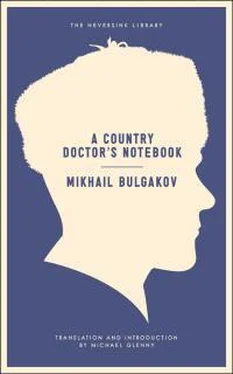


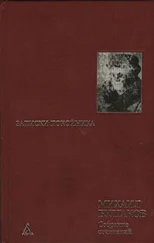
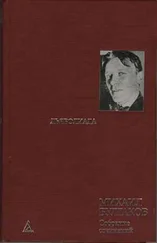
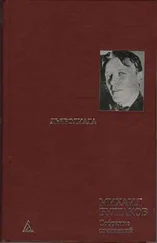
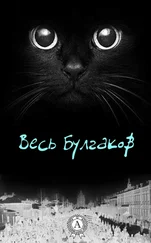
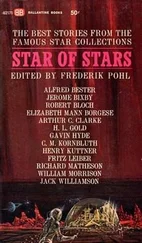
![Михаил Булгаков - Весь Булгаков [litres; сборник]](/books/400110/mihail-bulgakov-ves-bulgakov-litres-sbornik-thumb.webp)
